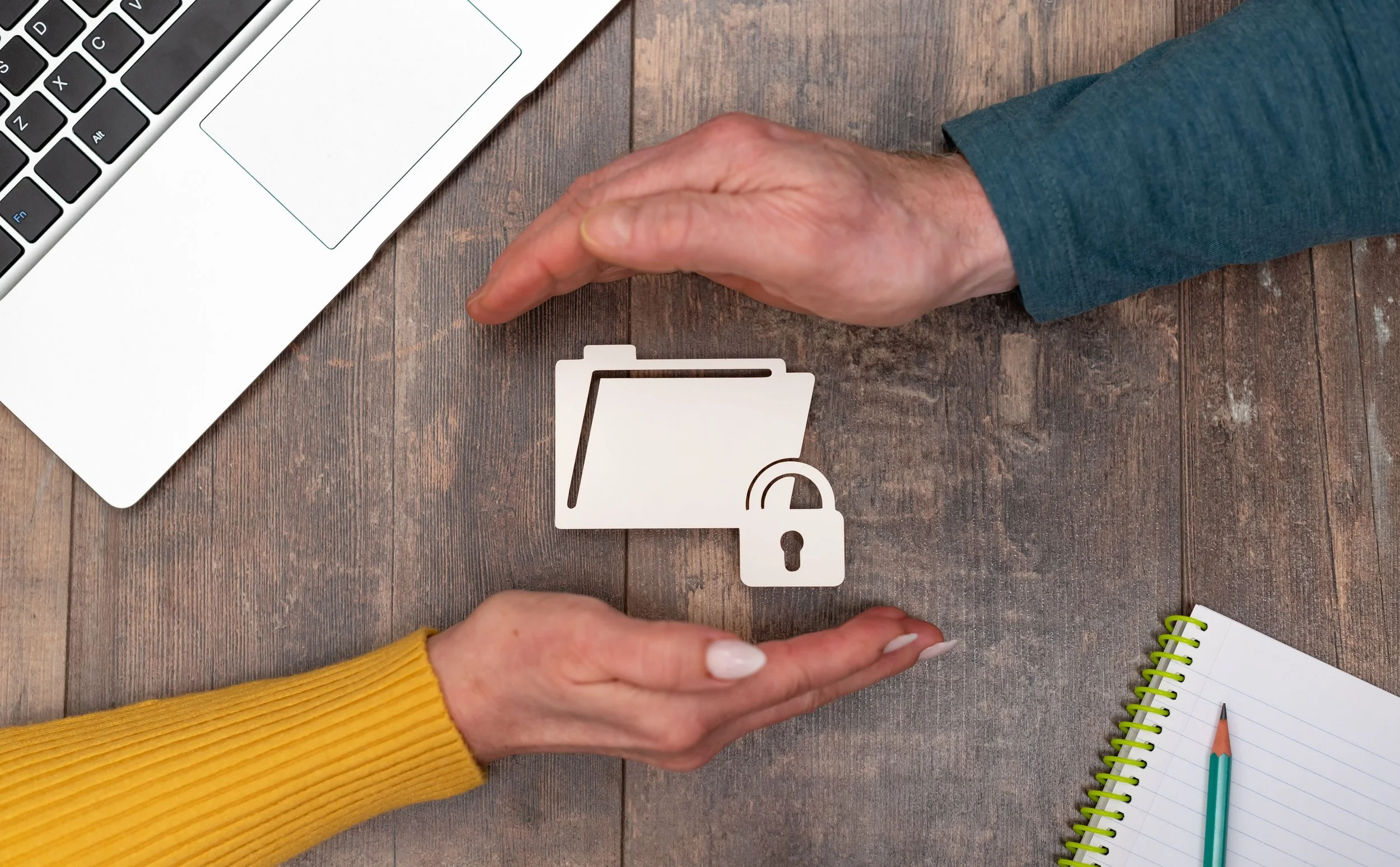My Two Cents. Alex Jones’ Trial and the Ethics of Understanding and Maintaining your Client’s Electronic Data. Oh, and the number one rule for using e-mail!
/A lawyer has a responsibility to keep their client’s data secure and safe.
Alex Jones suffered from a comedy of (preventable?) technology errors catastrophic to his recent legal woes. Love him or hate him, he is the defendant in a lawsuit in Texas by the parents of one child killed in the Sandy Hook school attack (aside from other lawsuits by similarly situated parents). (For that reason, political comments will be deleted). There is a can of worms that could be opened here, but this discussion is focused solely on the recent decision where Jones’ attorney (“JA”) errored by releasing a couple of years’ worth of data from Jones’ cell phone. But these errors likely contributed to his nearly $50 million dollar loss in this single case.
The seed of the problem is that one of the defense firm’s staff released a treasure trove of data from Jones’ cell phone to Plaintiff’s attorney (“PA”). The number one rule of e-mail is that you need to make sure what you are writing is what you want to share with the other party. Inherently, this means that you have the correct parties addressed in your e-mail! But perhaps this this data dump did not happen by mere accident? 🧐
JA’s snafu released over a gigabyte worth of data through a link a JA employee shared with the PA! This employee had to go into JA’s electronic file system (“efs”), Dropbox, generate a link, and send that link either from the efs or create an e-mail and paste the link into the e-mail. Further, the sender had to have entered the PA’s e-mail addresses in order to send the link. Those are a few deliberate steps unlikely to have happened by accident. 🤨
The problem was exacerbated by JA’s lack of corrective action. JA sent a, IMHO, very non-urgent e-mail asking PA to simply “disregard” the e-mail. See Ethics Lessons From The Alex Jones Discovery Debacle, Law360. Further compounding the situation, JA apparently did not follow up in any attempt to claw back the information. Most notably, JA did not timely move the judge to protect the communications (as at least some of them may have been attorney-client privileged or confidential documents [including Plaintiff’s medical documents]). While these two events, i.e., 1. sending the information and 2. the lethargic request to safeguard the released information, helped lead Jones to a significant financial loss at the hands of his own attorneys, Jones and JA are all likely in even more hot water.
The information JA held which was later released shows that Jones was lying to the court. This could likely lead to sanctions of Jones and JA by the court. Jones may have a malpractice suit against Jones’ attorneys (JA). In addition to sanctions, JA potentially faces something worse – scrutiny from the bar association.
JA had information that gave them notice that their client was likely going to perjure himself on the stand. According to Model Rules of Professional Conduct Rule (“Model Rules”) 3.3(a)(3) (Am. Bar Ass'n 2020), JA should not have allowed Jones to testify, knowing his testimony was likely to be false or, if it was actually a surprise, requested a chamber’s conference. If/once Jones is discovered to have told or persisted in telling lies without corrective action, the JA should have recused themselves per Model Rules. 1.16(b)(3), (4), and (5) (Am. Bar Ass'n 2020). JA cannot escape lack of knowledge in the materials because they did not know what they had based on the form of the source of the materials, e.g., data on a phone.
The ABA Model Rules require an attorney to be competent. Model Rules 1.1 (Am. Bar Ass'n 2020). This includes their use of technology in today’s practice of law. Model Rules 1.1 cmt. 8 (Am. Bar Ass'n 2020). There is no excuse for not knowing what information they had in their possession despite the format. See, for example, Phoenix Four, Inc. v. Strategic Resources Corp., 2006 WL 1409413 (S.D.N.Y. 2006) and Zubulake v. UBS Warburg, 229 F.R.D. 422, 432 (S.D.N.Y. 2004). Their lack of competency is compounded by their failure to maintain confidential or privileged information. Model Rules 1.6(c) (Am. Bar Ass'n 2020). Worse yet, they failed to be diligent and zealous in clawing back the information (see Tex. R. Civ. P. 193.3(d) from PA. While there is a slew of other ethical issues that could arise from these errors (but they relate more to the merits of the case), most if not all these problems could have been prevented by simple technical competence – know your technology, understand the information contained within your electronic data, and reasonably protect your data.
MTC.
PS: Always proofread your e-mails! Not just the body, but to whom you are sending it, the subject line, and any information attached to it. The attachment could be a separate file or an e-mail chain below.
Happy Lawyering!!!









